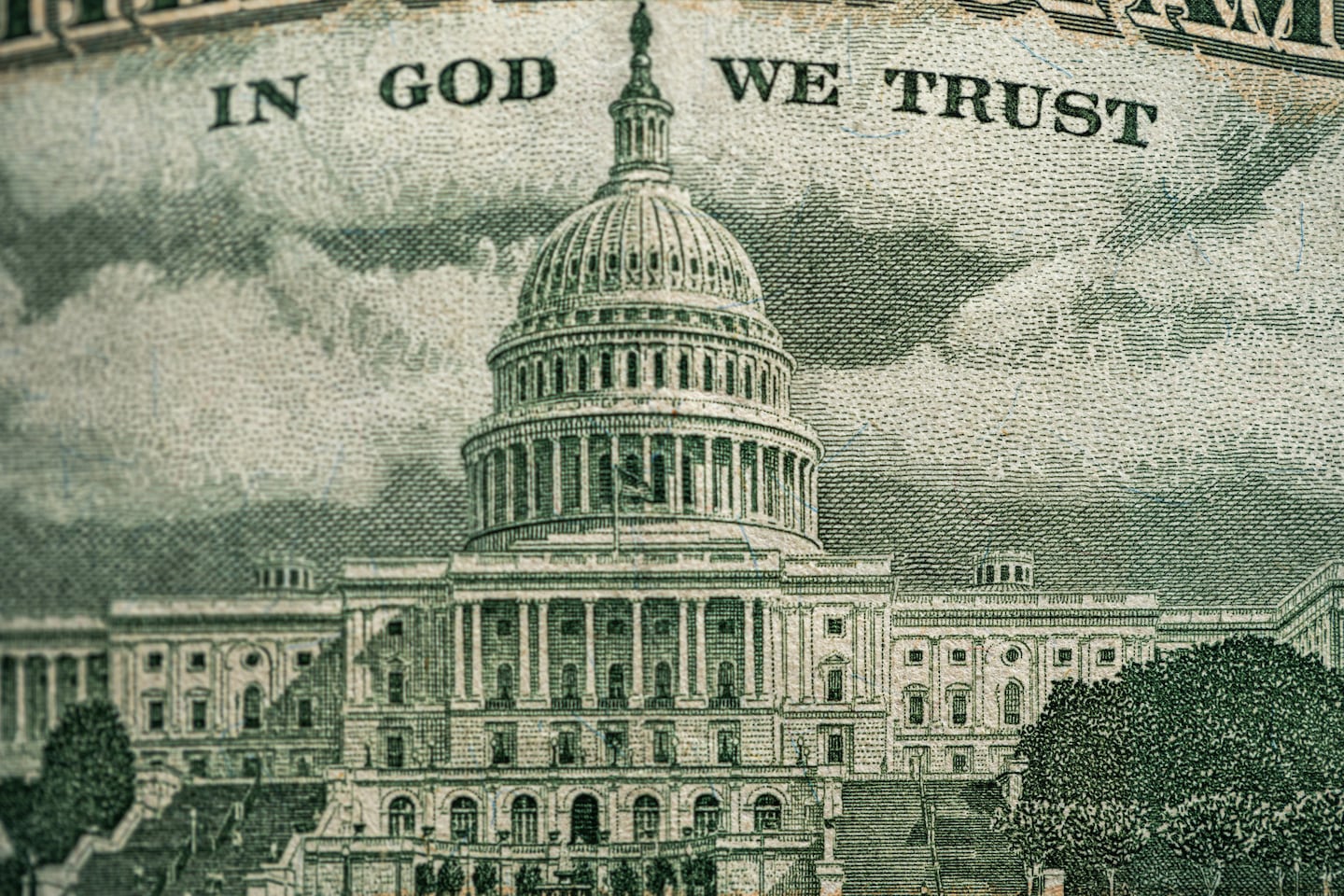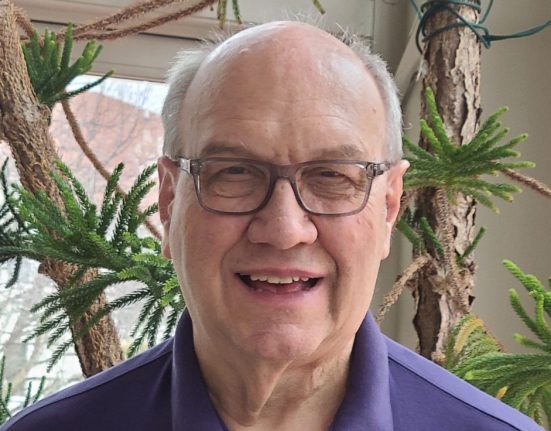Things weren’t always this bad. Generations ago, voters demanded laws to reduce the power of special interests, curtail corruption, and ensure that every citizen could speak freely and had equal representation. But over time, the Supreme Court has taken a sledgehammer to those safeguards. The crusade began in the mid-1970s with a case called Buckley v. Valeo, in which the Supreme Court invented a new legal theory: Individuals are entitled, under the First Amendment, to freely spend money to influence election outcomes, no matter how extravagant or obviously corrosive.
The idea that the First Amendment’s free speech guarantee applies to money in politics isn’t grounded in the text of the Constitution. Nevertheless, over the past 50 years, lawyers and judges have pushed that “money equals free speech” doctrine to its absolute limits, dismantling basic anticorruption measures and enabling an elite class of big spenders to consolidate political power. In 2010, the Supreme Court unleashed a new flood of anonymous “dark money” with its ruling in Citizens United v. FEC, which held that individuals and corporate interests can spend unlimited amounts of money on elections. This July, the United States Court of Appeals in Boston struck down a popular election-security law in Maine, ruling that lawmakers cannot ban foreign governments and foreign-owned corporations from spending money to influence state elections.
The consequences for American freedom and self-government have been grave. It’s no wonder that nearly eight in 10 voters believe that the integrity of our elections and lawmaking process has been compromised.
Despite the overwhelming demand for change, no meaningful legislation can survive the current judicial precedent. The Supreme Court has decided that almost any policy meant to level the playing field is inherently unconstitutional.
That means there is only one way to end the corruption crisis: We must unite citizens and lawmakers around a constitutional amendment.
Nearly a decade ago, I cofounded American Promise, a nonpartisan, nonprofit organization based in Concord. In the years since, we have built a national movement behind the For Our Freedom Amendment, which would allow state and federal lawmakers to set reasonable limits on campaign spending, without the threat of being overruled on constitutional grounds. Crucially, the amendment doesn’t specify how legislators should fix the problem. Rather, it gives Americans and our elected officials the freedom to do whatever makes sense for their states, such as more effective disclosure requirements, contribution limits, or something else.
Americans have already amended our founding document 27 times, often to correct an injustice. In fact, the 19th Amendment was eventually adopted in response to the Supreme Court’s decision in Minor v. Happersett in 1874, which ruled that the 14th Amendment did not provide women the equal right to vote. The 19th Amendment effectively overruled the Supreme Court’s decision by explicitly stating that women have the right to vote. The same would hold true for this new constitutional amendment, which would clarify that the First Amendment should not be interpreted to mean that money is synonymous with free speech when it comes to our elections.
Together, these reforms would transform our political system for the better. Lawmakers could spend far less time fundraising and more time engaging with their constituents, preparing for hearings, and developing new legislation. The electoral incentives would also shift, and voters, for their part, could expect more competitive primary elections; better candidates with more diverse skills and experiences; and, over time, less ideological extremism.
Many state lawmakers and their constituents want to reduce the influence of money and outside spending in their elections but are repeatedly thwarted when they take action. Just days after a federal court struck down Maine’s election-security law, another federal judge invalidated a popular Maine law that limited donations to super PACs. Similarly, when Alaska sought to limit out-of-state contributions, federal judges struck down those efforts, citing First Amendment concerns. These outcomes are a key reason why many states are calling on Congress to propose a constitutional amendment to restore their ability to regulate campaign finance.
In the early years of American Promise, people questioned whether a constitutional amendment was realistic. After all, it’s a grueling process. Constitutional amendments require a two-thirds vote in both the House of Representatives and the Senate. They also need to win the support of 38 state governments. But momentum is on our side. Eight in 10 voters support the idea, and 23 states — as varied as Massachusetts and Montana, Alaska and Nevada, West Virginia and California — have formally called on Congress to pass the amendment, or one similar to it, and send it to the states for ratification. This year, a landslide vote in the Utah Legislature made that state the latest to support an amendment, and similar resolutions have been proposed in Oklahoma, Texas, Wisconsin, Wyoming, and elsewhere.
A new revolution is underway, and we have a once-in-a-generation chance to deliver on the founding promise of this country: a government by the people, for the people. It won’t be easy. After all, we are fighting the most powerful forces in the world — but we have been in this situation before, and we have emerged victorious.







